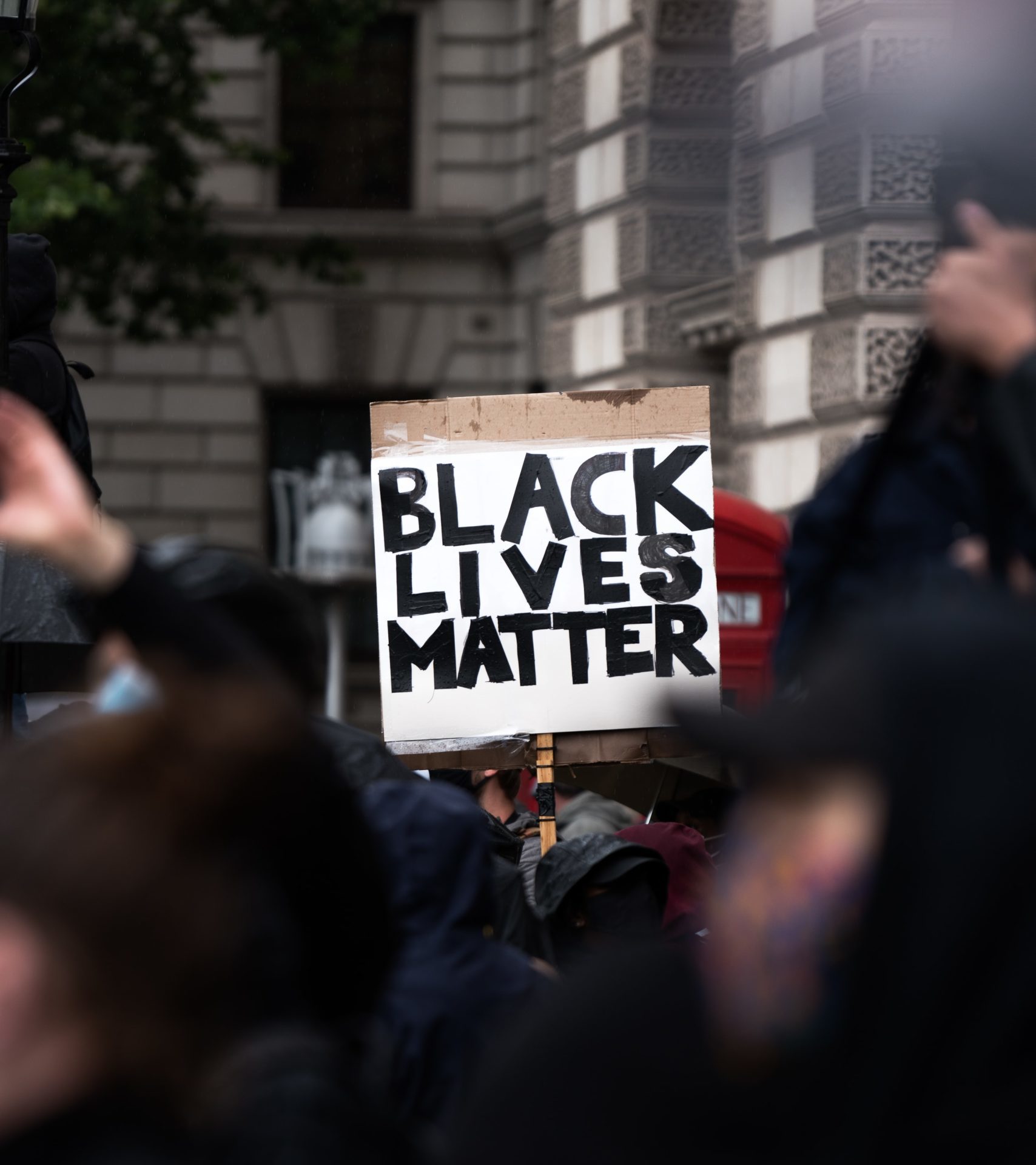
Despite the reach and prominence of the Black Lives Matter movement, racism and workplace barriers are still experienced by a large number of young Black employees in the UK.
Savanta worked with EY and the EY Foundation to conduct a survey to explore the barriers to entry, and progression within employment for young Black people, aged 16-30 in the UK
While many sectors are currently working on being more open and appealing to young Black people, there are clearly some that will need to work harder than others...
Racism is widespread in the workplace
We asked young Black people in a job if they had experienced racism in a range of work-related situations. Around four in ten respectively, said that they had experienced racism at the recruitment stage (42%) and the interview stage (39%). Further to this, once young Black people were in roles, racism was experienced by even higher proportions. When it comes to being promoted (52%) and when engaging with customers or people external to the organisation (55%) were the most likely work-related areas where racism was experienced.
There are perceived barriers to entering careers in certain sectors due to their ethnic background
Further to this we asked whether young Black people thought that their ethnic background could make it more difficult to enter certain careers in the UK, and if so, which sectors were seen to have these barriers. Law (28%) and Accounting, Banking and Finance (27%) are sectors perceived to have the greatest barriers to enter careers in for young Black people. Law Enforcement and Security (17%), and Business Consulting (17%) are joint third most likely to be seen as presenting barriers to entry.
As a result, young Black people might not even choose linked subjects at university or decide to apply for jobs within these sectors. While many sectors are currently working on being more open and appealing to young Black people, there are clearly some that will need to work harder than others. Worryingly, a further 8% say that all the sectors are more difficult to enter due to their ethnicity.
Policies and practices to support Black employees or applicants in the workplace are not far reaching
Most young Black employees report that their workplace has at least some polices and practices in place to support Black employees. The most frequently cited were anti-discrimination training (28%) and Diversity & Inclusion committee or Champions (27%). However, each individual support measure is only in place in a minority of workplaces. This includes blind recruitment (16%) and fast track talent programmes (12%). Worryingly, one in six (17%) say that their workplace has none of the measures in place that we tested and young Black women are almost three times as likely to say this (25%) than young Black men (9%).
Overall, these results show clearly that racism is a significant issue in the workplace and while most organisations have at least some measures in place to help combat it, it is reasonable to assess that these are not working effectively and far more work needs to be done to create equitable career opportunities and an inclusive work environment.
The full report ‘Barriers into employment and to progression for young Black people in the UK’ can be downloaded here.





